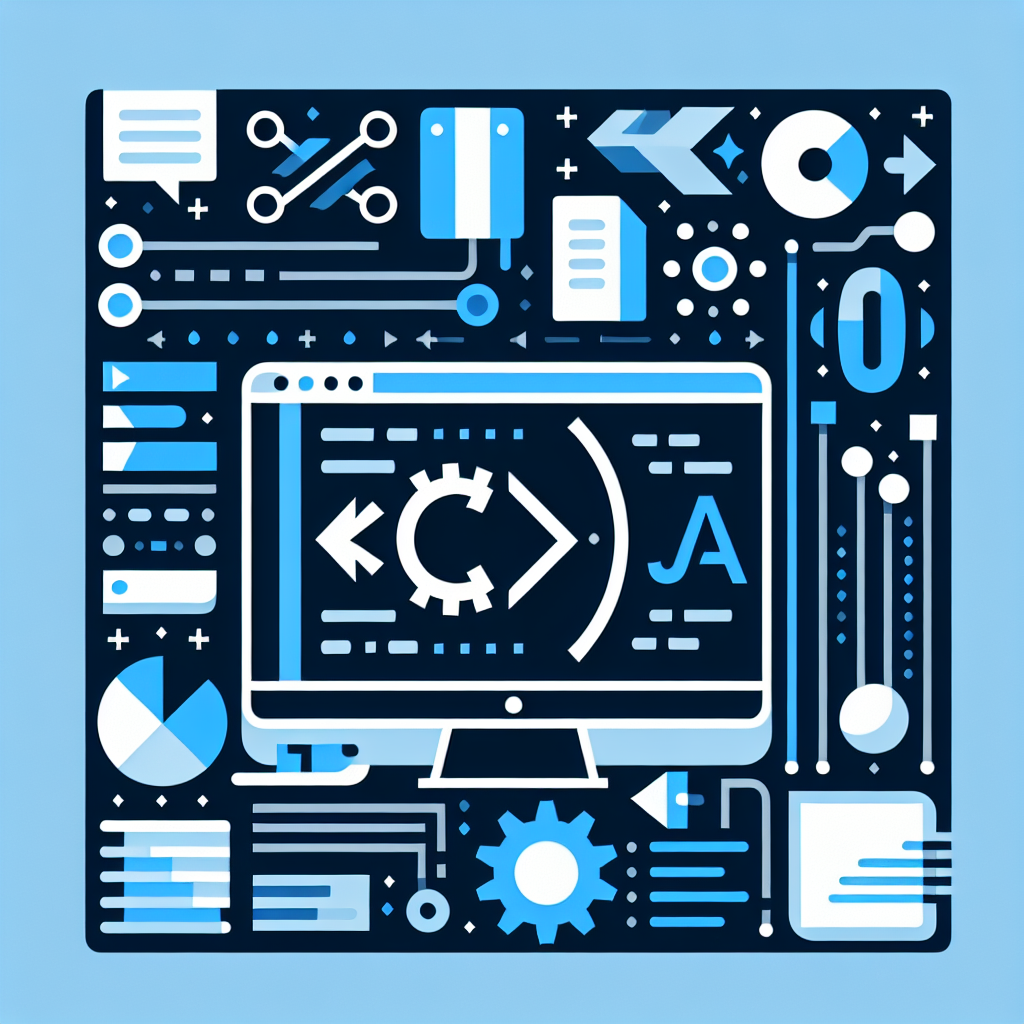Convert C# to Java Code Effortlessly | Free Tool
Effortlessly convert C# to Java with our intuitive tool. Enhance your coding efficiency and streamline cross-language development. Try it today!
Source Code
Converted Code
Output will appear here...
Transform your C# code to Java effortlessly with our C# to Java Converter. This powerful tool streamlines the migration process, reducing development time and minimizing errors. Ideal for developers transitioning between languages, it ensures seamless compatibility and enhances productivity.

C# to Java Conversion Tool Link to this section #
Efficiently convert your C# code to Java with our specialized tool designed for developers transitioning between these two powerful languages. Whether you're working on .NET applications or Java-based systems, this tool simplifies the process while maintaining code integrity and functionality.
Key Features Link to this section #
- Automated Syntax Translation: Converts C# data types, control structures, and classes to their Java equivalents.
- Error Handling: Alerts you to potential issues in the conversion process, such as differences in exception handling and language-specific features.
- Code Optimization: Suggests optimized Java code patterns for better performance and readability.
Supported Conversions Link to this section #
Data Types:
int,float,double,stringin C# are converted toint,float,double,Stringin Java.Control Structures:
foreachloops in C# are translated to Java's enhancedforloop.// C# Example foreach (var item in collection) { Console.WriteLine(item); } // Java Equivalent for (Object item : collection) { System.out.println(item); }Namespace and Package Handling: Automatically updates namespace declarations to Java package imports.
Benefits of Using this Tool Link to this section #
- Time-Saving: Significantly reduces the manual effort required to rewrite code.
- Consistency: Ensures consistent coding practices across converted codebases.
- Learning Aid: Aids developers in understanding Java equivalents for C# constructs.
Learn More Link to this section #
For comprehensive guides and additional support, visit:
This tool is ideal for developers, software engineers, and tech enthusiasts seeking seamless code translation and enhanced productivity.
Frequently Asked Questions
What are the main differences between C# and Java?
While both C# and Java are object-oriented programming languages, they differ in several ways. C# is primarily used for developing applications on the Microsoft .NET platform, whereas Java is platform-independent and runs on the Java Virtual Machine (JVM). C# supports features like properties and events, which are not present in Java. Additionally, C# offers more advanced features like LINQ and async/await for asynchronous programming.
How can I convert C# code to Java?
Converting C# code to Java involves translating syntax and adapting library usage. Key differences include handling data types, exception handling, and accessing libraries. You can manually convert the code by understanding these differences, or use automated tools like IKVM.NET for some parts of the code. However, thorough testing is necessary to ensure the converted code behaves as expected.
Is it easier to learn Java after knowing C#?
Yes, learning Java after knowing C# is generally easier because both languages share many similar concepts, such as object-oriented programming principles and syntax structures. Familiarity with C#'s syntax, classes, interfaces, and exception handling can provide a solid foundation for understanding Java. However, there are still unique aspects of Java that will require learning, such as its platform independence and specific libraries.